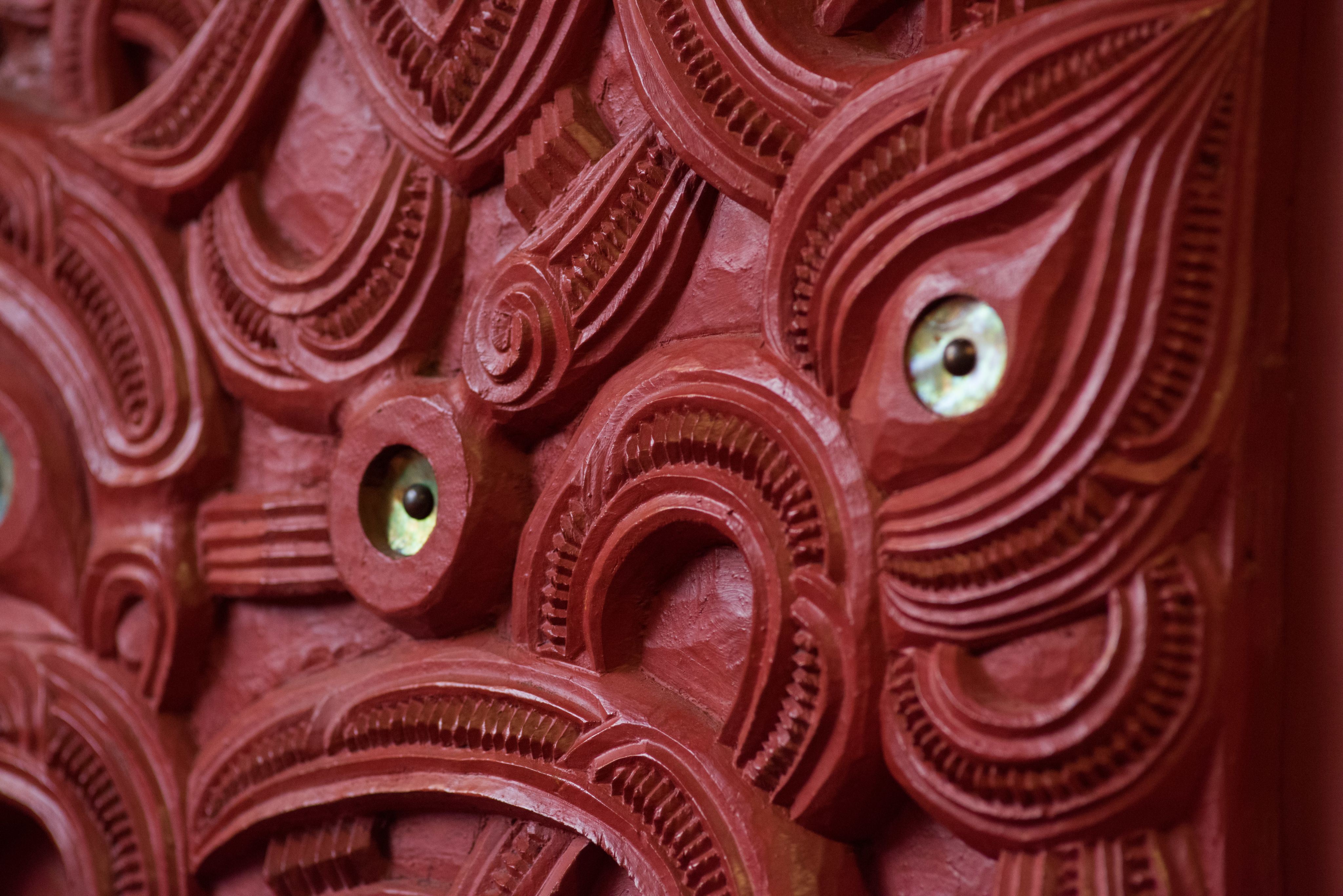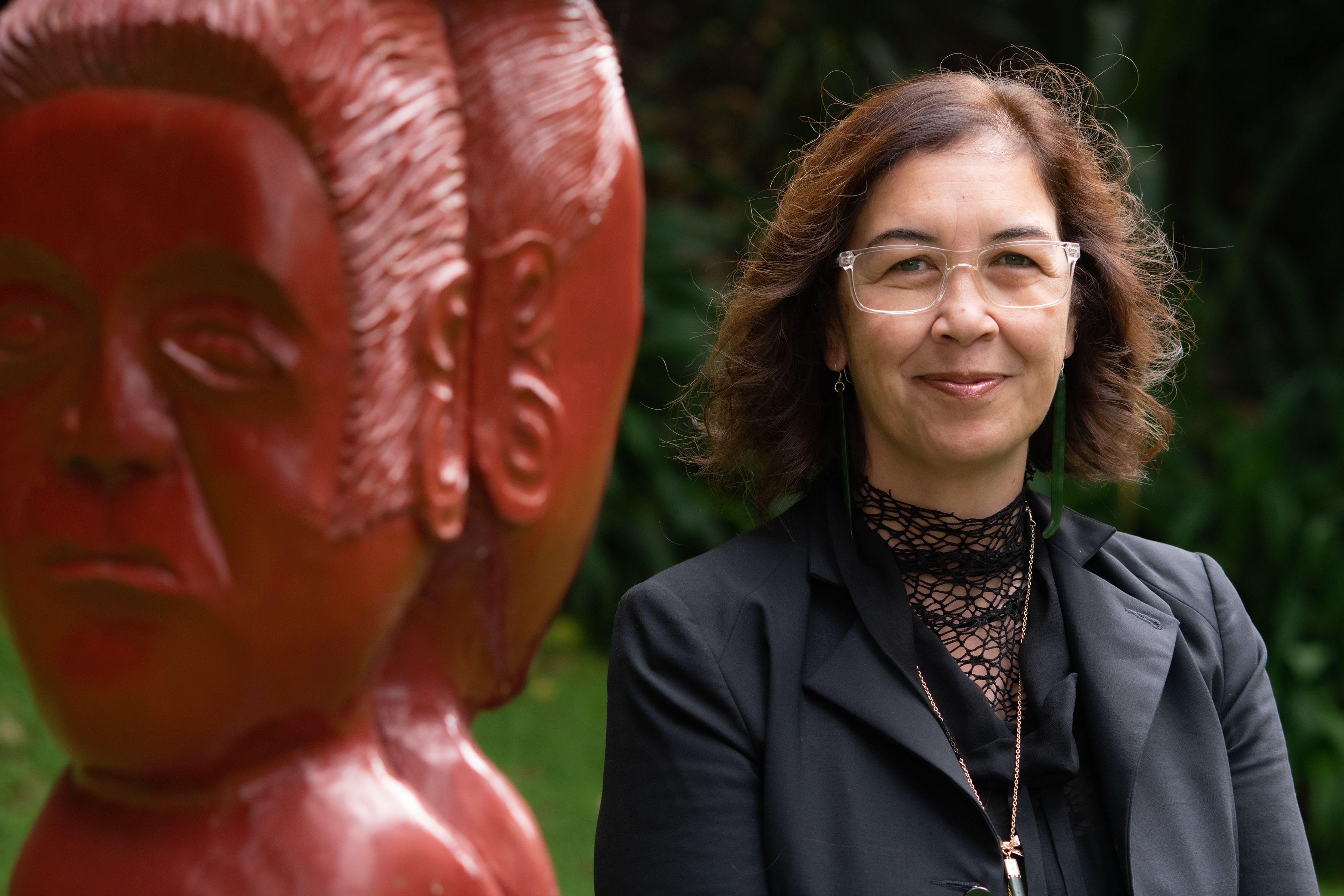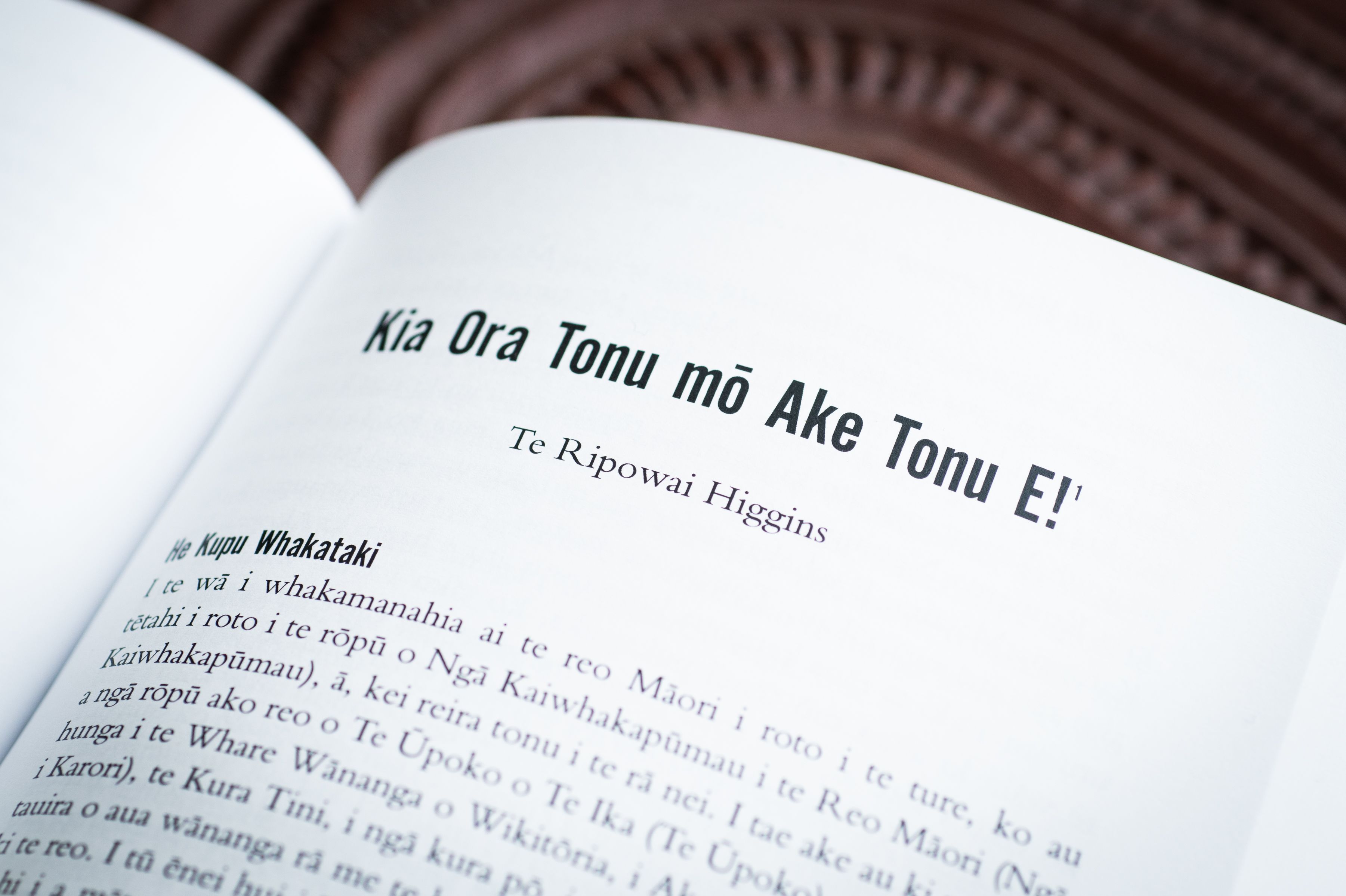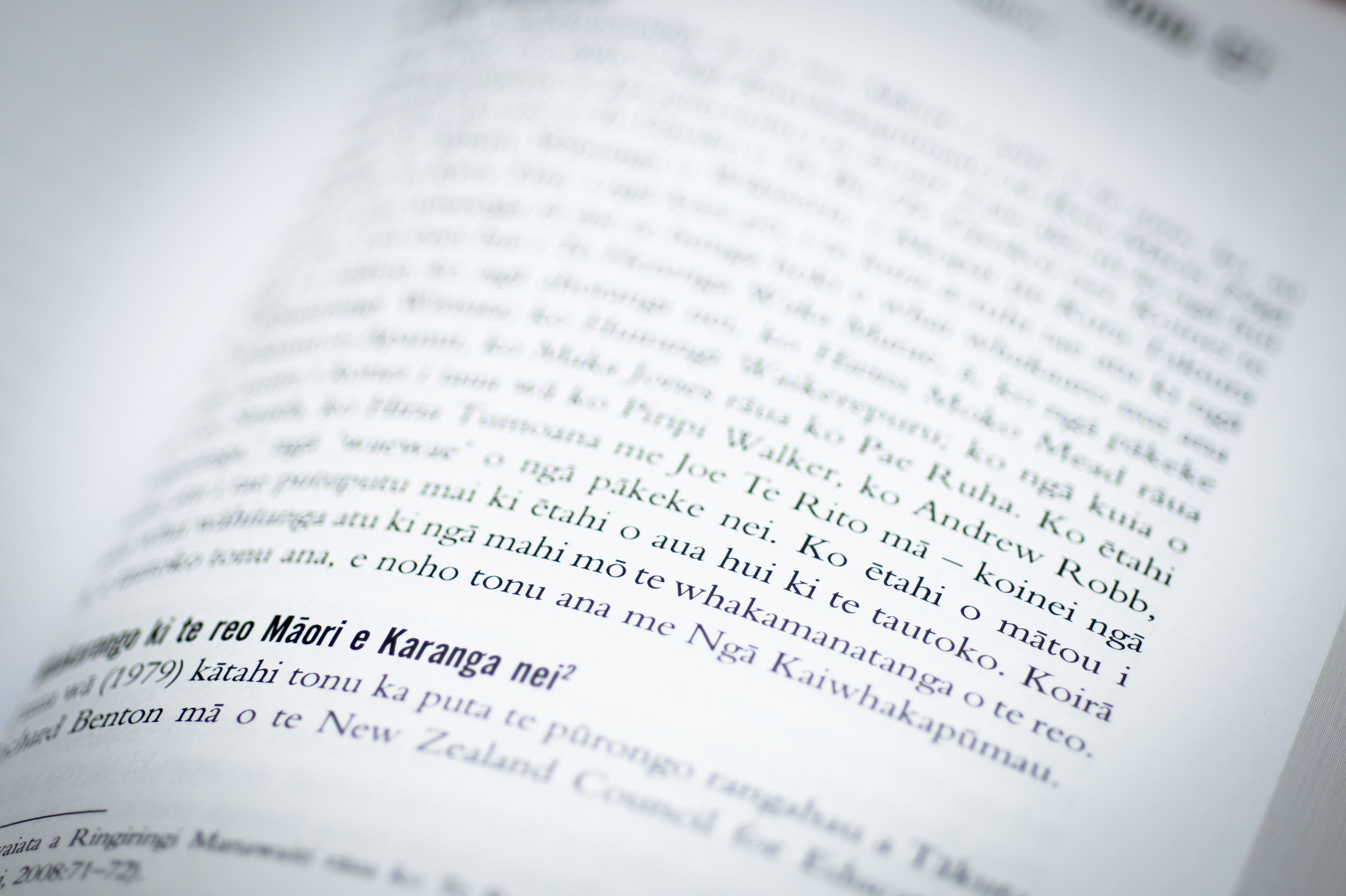Revitalising Te Reo
Only around 3 percent of New Zealanders speak te reo Māori. Our research is focused on making te reo part of everyday conversation.

Whose responsibility is it to keep our first language alive?
Te reo Māori has been an official language of New Zealand since 1987 but relatively few of us have become te reo speakers in that 30-year period.
Unique to our country, te reo is regarded by many as a taonga or treasure that helps to define our national identity. But many of us also tend to think of it as a language that’s more at home on the marae than in normal, everyday life.
This was not always the case—in the 1840s for example there were no fewer than 30 Māori language newspapers.
Professor Rawinia Higgins, who is Deputy Vice-Chancellor (Māori) at Te Herenga Waka—Victoria University of Wellington, leads research into how we can revitalise te reo to strengthen and increase its role and usage. She says key questions underpinning the research are who should take responsibility for the language and how can revitalisation be promoted in a way that is inclusive for everybody.
“I think discussion around the value of te reo Māori is very important, not just for Māori, but for us as a country. It is our first language, and the language helps to define us as a nation.”
“It’s not just about the first people who came here, it’s also in our place names, our practices and the fact that it gives us a unique identity. It’s a part of everyone in New Zealand’s heritage.”
It’s our language
Professor Higgins says we should not underestimate people’s desire to participate in the revitalisation of te reo, but for that to happen they need the tools, ability and opportunities to use the language in different forums.
“The attitude that some Māori have—I call it the ‘Gollum effect’—that te reo is my language and no one else’s is not helpful. If te reo is to be a living language, there has to be shared ownership. It can’t just live amongst a minority.
“That’s why we need to have bilingual signage and bilingual documents—it normalises usage and encourages us all to embrace te reo as a nation.”
Professor Higgins says over the years te reo has increasingly influenced the way New Zealanders speak English.
“Often now you hear words such as mana, whānau and mokopuna used as part of everyday English. And remember it was only recently that our national anthem became bilingual. There is a generation of children growing up now who do not know that for many decades the New Zealand national anthem was only sung in English.”
Policy partnership
Understanding how policy can help or hinder the revitalisation of te reo Māori is a central strand of Professor Higgins research.
She chaired the government-appointed Māori Language Advisory Group that shaped Te Ture mō Te Reo Māori 2016 (the Māori Language Act 2016) and the establishment of Te Mātāwai, an organisation to lead revitalisation of te reo on behalf of iwi and Māori.
Professor Higgins says it is the only piece of New Zealand legislation that has a true Treaty of Waitangi partnership element to it.
“We used the wharenui (house) as the framework for designing the legislation with both Māori and the Crown inside. A wharenui has a small side and a large side—the small side represents the community development work we are doing and the large side represents the Crown and policy-making. Both sides are important and essential to the stability of the wharenui and in this case supporting effective language planning and policy at a micro (community) and macro (societal) level. The aim is to promote te reo Māori in the home, supported by State policy and resources. This is critical for not only Māori children, but for all children. If Māori is their first language they will have a sense of connection and pride in who they are as a nation.”
Related links
Professor Rawinia Higgins—Māori Language Revitalisation
Download report: Te Whare o Te Reo Mauriora
Related stories



To find out more
If you have any questions about the University's research into te reo Māori, contact:
Prof Rawinia Higgins
Deputy Vice-Chancellor (Maori)
PVC Maori/Iwi Studies
rawinia.higgins@vuw.ac.nz
+64 4 463 5467

